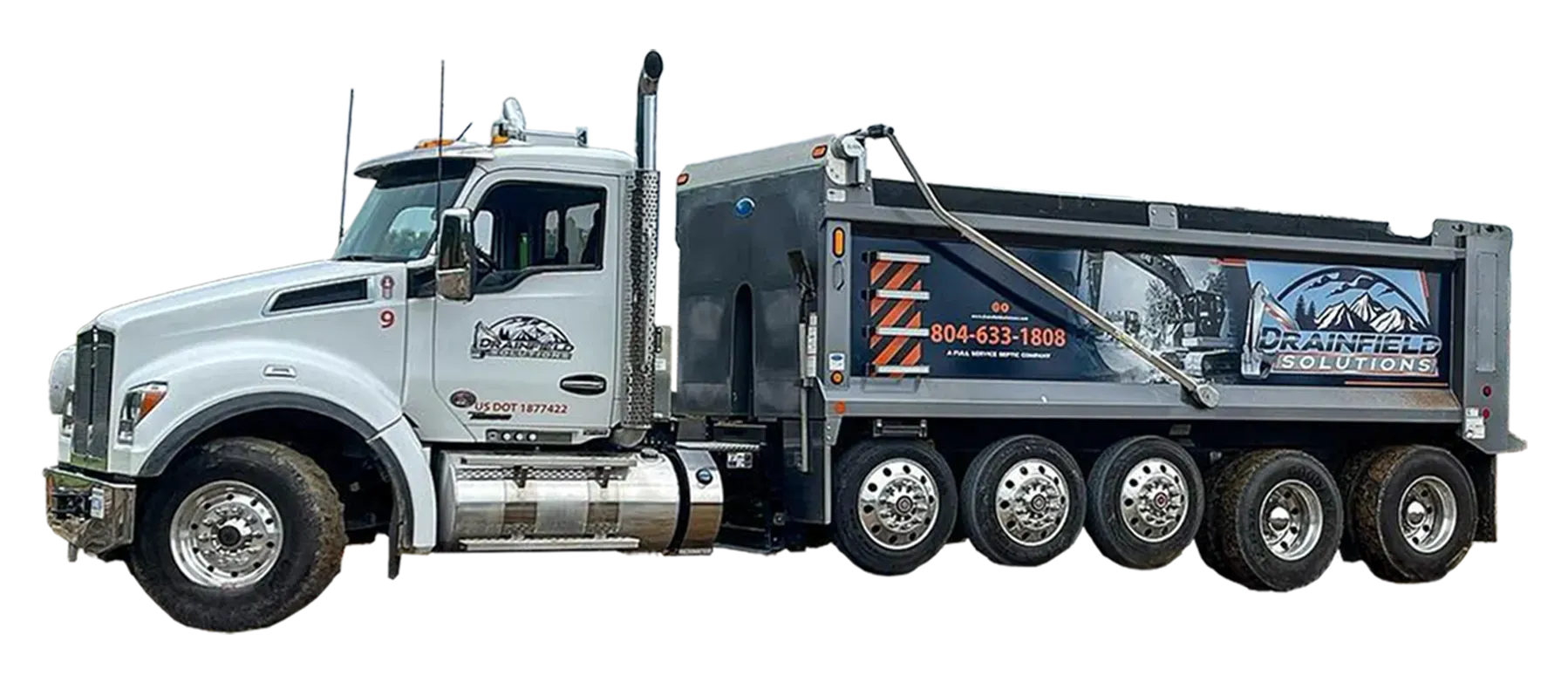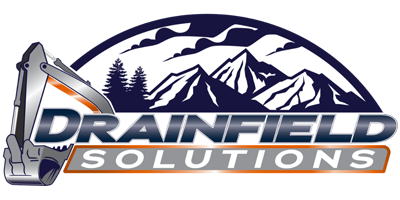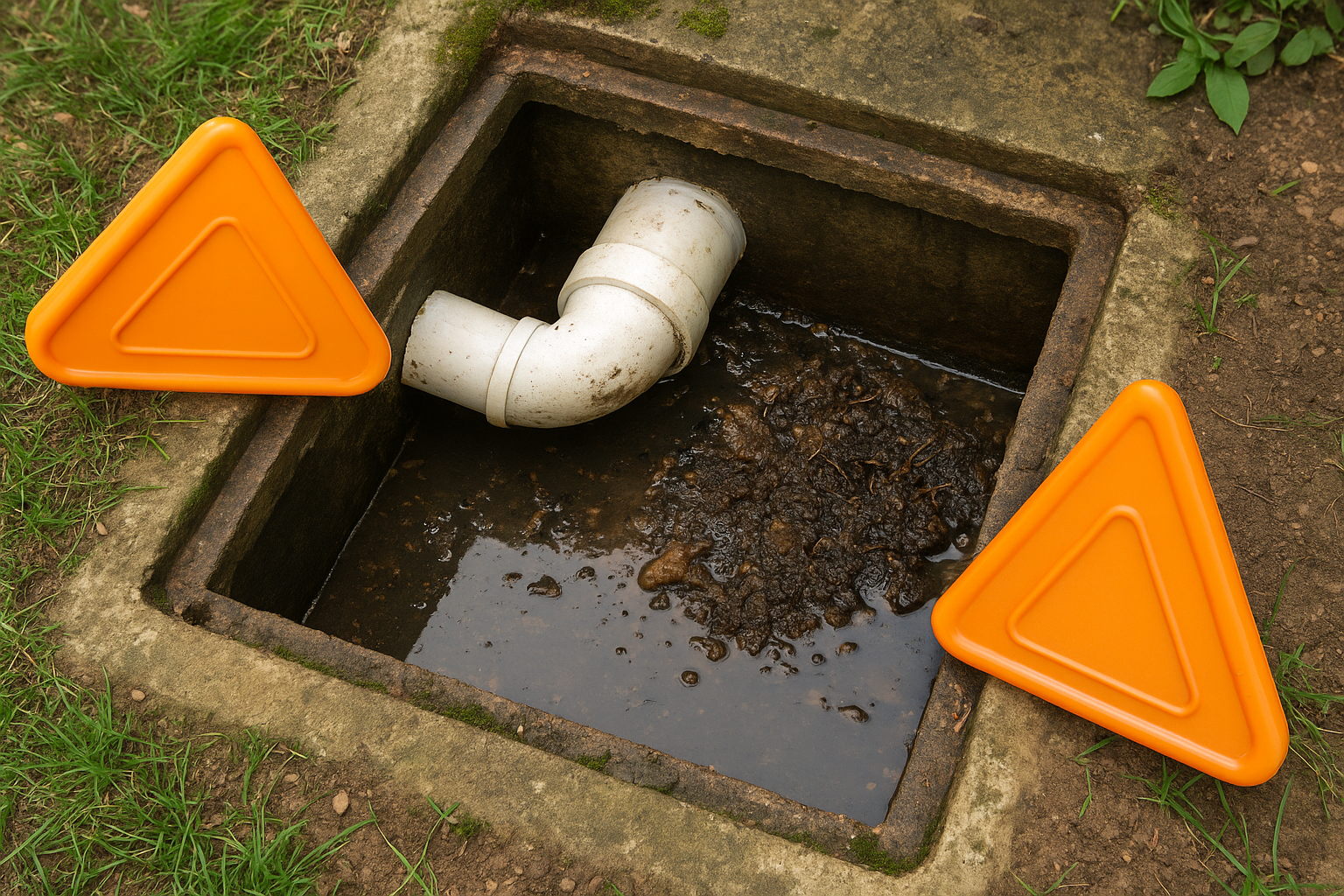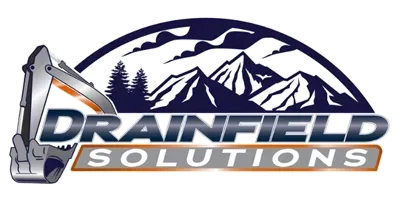
How To Navigate Septic System Regulations and Permits in Central Virginia
April 19, 2025
If you are a homeowner or business owner in Central Virginia considering a new septic system installation, upgrade, or repair, understanding septic system regulations and permits is essential. Septic systems play a crucial role in wastewater management, and local and state regulations ensure they function efficiently while protecting public health and the environment.
This guide will help you navigate septic system regulations and permits in Central Virginia.
Why Septic System Regulations Matter
Septic system regulations are in place to:
- Protect groundwater and surface water from contamination.
- Ensure proper septic system design and installation.
- Prevent system failures that could result in health hazards.
- Maintain long-term efficiency and functionality of septic drain fields.
Failure to comply with these regulations can result in fines, mandatory system replacements, and property devaluation. Homeowners and businesses are required to hire a local Licensed Master Installer to install, repair, or replace their septic systems. These professionals are familiar with local regulations and coordinate with the proper authorities to ensure everything is done according to code.
Understanding Permitting Requirements for Septic Systems
In Virginia, septic system permits are regulated by the Virginia Department of Health (VDH). The permitting process typically includes:
1. Soil and Site Evaluation
Before installing a septic system, a professional soil evaluation must be conducted by an Authorized Onsite Soil Evaluator (ASOS) to determine the suitability of the land for wastewater absorption. The evaluation assesses factors such as soil permeability, drainage capabilities, and seasonal water table levels.
2. Septic System Design Approval
Based on the soil evaluation, an ASOS will create a septic and drainfield system layout that complies with local health department regulations. Alternative septic systems for clay soil or high water table areas may be recommended if a conventional system is unsuitable.
3. Permit Application Submission
Once the design is completed, the ASOS submits an application to the local health department. The application typically includes:
- Property details and location
- Soil evaluation results
- Septic system design plans
- Intended system use (residential or commercial)
4. Health Department Inspection and Approval
After submission, the local health department will review the plans and conduct an on-site inspection before issuing a permit. Once approved, installation can proceed by your chosen Licensed Master Installer.
5. Post-Installation Septic Inspection and Final Approval
After installation, a final septic inspection is required to ensure the septic system was installed according to approved plans. Once the system passes inspection, the health department will issue an operational permit.
Types of Septic System Permits
Depending on the project, different permits may be required, including:
Construction Permit
A construction permit is required for new septic system installations and major modifications to existing systems. It ensures that all components, including the septic tank and drain field, meet local design standards.
Repair Permit
If your septic drain field or tank requires repairs due to root intrusion, system failure, or blockages, you may need a repair permit. This applies to both emergency septic repair situations and planned system upgrades.
Operating Permit
Some alternative septic systems, such as aerobic septic systems, require ongoing monitoring and maintenance. In such cases, an operating permit may be necessary, mandating routine inspections to ensure the system functions correctly.
Compliance with Virginia Septic System Regulations
Septic system owners in Virginia must adhere to specific regulations, including:
Minimum Setback Requirements
Local regulations dictate minimum distances septic systems must be placed from wells, water bodies, property lines, and structures to prevent contamination and system failure.
Septic Maintenance Requirements
Routine maintenance is critical to prolonging the lifespan of your septic system. Septic tank pumping must be scheduled every 3-5 years with recordation, depending on system size and usage. Required yearly inspections can identify potential issues before they lead to costly drain field replacements.
Alternative Septic Systems and Compliance
For properties where conventional septic systems are not feasible, alternative septic systems must be designed and approved according to state guidelines. These systems often require specialized septic maintenance and monitoring.
What to Do In the Case of Septic System Failure
If you experience signs of septic system failure, such as sewage backups, slow drains, or foul odors, immediate action is required. Drain field repair and septic tank pumping can help address minor issues, but in severe cases, a full system replacement may be necessary. Emergency septic tank pumping services are available for urgent situations.
Helpful Resources
For more information on septic system regulations and permits in Virginia, visit:
- Virginia Department of Health – Septic Systems
- U.S. Environmental Protection Agency – Septic Systems
- National Onsite Wastewater Recycling Association
Trust Drainfield Solutions for Your Septic System Needs
Navigating septic system regulations and permits can be overwhelming, but you don’t have to do it alone. Drainfield Solutions is a Licensed Master Installer and has two decades of experience helping homeowners and businesses in Central Virginia with septic system design, installation, and septic repair. Our team ensures compliance with all regulatory requirements, giving you peace of mind.
Why Choose Drainfield Solutions in Central Virginia?
- Experienced Professionals: Our team has extensive knowledge of local septic system regulations and best practices.
- Comprehensive Services: We handle everything from septic tank pumping and drainfield repairs to full septic system installations.
- Eco-Friendly Solutions: We prioritize environmentally friendly septic system designs and maintenance.
- Customer-Centric Approach: As a family-owned business, we value our customers and strive to provide top-tier service.
- Emergency Services Available: If you have a septic emergency, we offer prompt and reliable 24 hour emergency septic service.
For expert septic services in Bowling Green, Ruther Glen, Fredericksburg, Mechanicsville, Stafford, Falmouth, Dahlgren, King George, Mineral, Richmond, and surrounding areas, contact us today:
📞
Phone: 804-633-1808
🌐
Website:
www.drainfieldsolutions.com
Share Post
Latest Posts
Ready to Take the Next Step?
Whether you're in need of a system inspection or regular maintenance, Drainfield Solutions is here to help. Get in touch today for reliable service you can trust.






